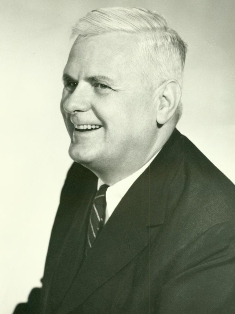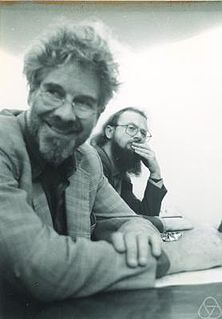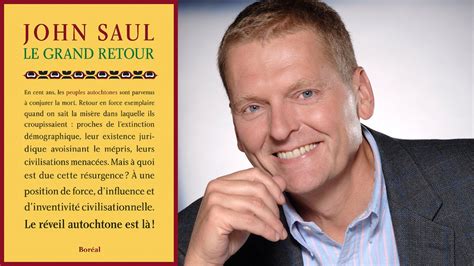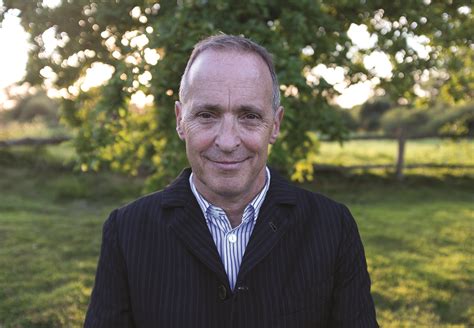A Quote by Richard P. Feynman
Mathematics is a language plus reasoning. It's like a language plus logic. Mathematics is a tool for reasoning.
Related Quotes
The principles of logic and mathematics are true simply because we never allow them to be anything else. And the reason for this is that we cannot abandon them without contradicting ourselves, without sinning against the rules which govern the use of language, and so making our utterances self-stultifying. In other words, the truths of logic and mathematics are analytic propositions or tautologies.
Mathematics never reveals man to the degree, never expresses him in the way, that any other field of human endeavour does: the extent of the negation of man's corporeal self that mathematics achieves cannot be compared with anything. Whoever is interested in this subject I refer to my articles. Here I will say only that the world injected its patterns into human language at the very inception of that language; mathematics sleeps in every utterance, and can only be discovered, never invented.
One cannot inquire into the foundations and nature of mathematics without delving into the question of the operations by which the mathematical activity of the mind is conducted. If one failed to take that into account, then one would be left studying only the language in which mathematics is represented rather than the essence of mathematics.
Mathematics is not arithmetic. Though mathematics may have arisen from the practices of counting and measuring it really deals with logical reasoning in which theorems-general and specific statements-can be deduced from the starting assumptions. It is, perhaps, the purest and most rigorous of intellectual activities, and is often thought of as queen of the sciences.
The deep paradox uncovered by AI research: the only way to deal efficiently with very complex problems is to move away from pure logic.... Most of the time, reaching the right decision requires little reasoning.... Expert systems are, thus, not about reasoning: they are about knowing.... Reasoning takes time, so we try to do it as seldom as possible. Instead we store the results of our reasoning for later reference.



































